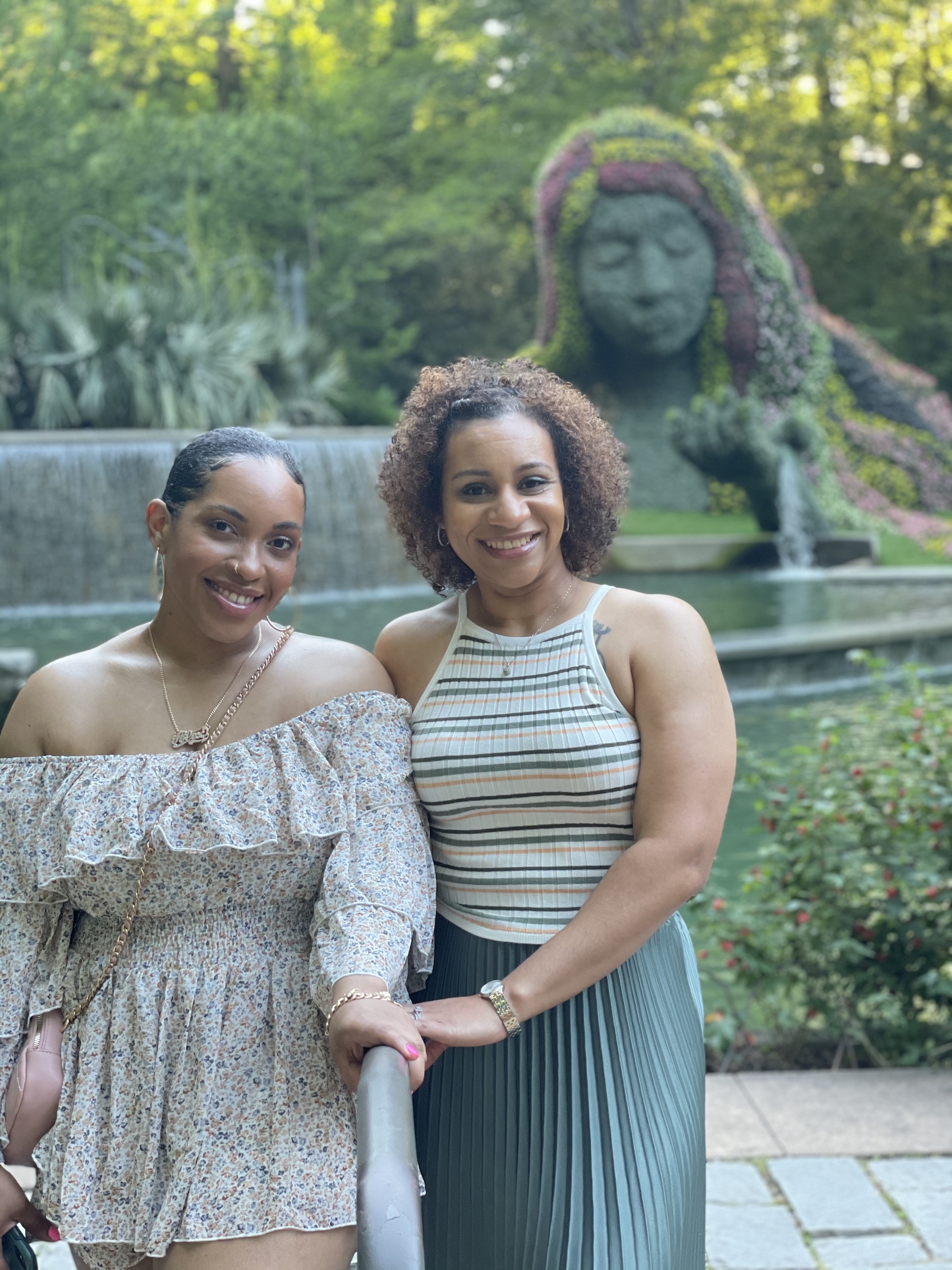
Latina podcasts are on the rise as more diverse Latinx stories need to be heard
How two Philly Latinas created a podcast to shed light on different lived experiences among Latinas as a whole.
As the need for more Latinx representation in the media becomes more apparent, Call Your Sister, a Philly-based podcast aims to make their experiences and the stories of other Latinas heard via podcasting.
The podcast medium has allowed listeners to hear a variety of different topics and issues as the format reaches and caters to people across the country. However, it wasn’t until recent years that podcast platforms saw an increase of Latina-based podcasts.
In August 2020, Dominican half sisters Astrid Ferguson and Alex Hodge created Call Your Sister, a podcast aimed at sharing their experiences with motherhood, sisterhood, identity struggles and lived experiences of BIPOC and Latinx women.
“We thought this podcast would be a way to cultivate better conversations to empower women and have conversations about real things,” Ferguson said. “We wanted to highlight stories that talk through these different viewpoints and just give people the space to share their actual stories because I think that there really isn’t just one face to immigration or to Latinx.”
The Call Your Sister co-founders are both Latinx sisters, but have different lived experiences.
Hodge said that although they are both Dominican, she looks more Afro-Latina than her sister and it became an important topic for them because more people need to recognize that not every Latina looks the same or has the same background.
“At one point someone told me that I wasn’t Dominican, but how is someone going to tell me what I am and what I am not,” she said. “People wanted to cluster us in one big bubble, so having the conversation, bringing light to that and going into it with an open mind is what we want to share with our listeners and show that we do things similarly, but we are very much different.”
RELATED CONTENT
With a list of over 40 Latina podcasts streaming on platforms, Ferguson and Hodge said in the beginning stages of creating their podcast, they saw an increase in Latina based podcasts.
That being said, they also noticed a lack of real everyday stories from Latinas that tackled the differences and similarities among them, especially through an Afro-Latina lens.
“We have varying storylines and that is what we want to highlight, that just because it’s different, it doesn’t mean it should be removed from the conversation,” Ferguson said. “Many of us struggle with understanding what our identity is, especially when we come here to the United States, especially when we look different.”
The Call Your Sister podcast hopes to inspire other Latinas to share their experiences and diversify the media space with varying stories of other Latinas across the country.
“We’re all Latinos and we have to figure out how we can come together and support each other and not just say this is what makes you different from me,” Ferguson said. “It should be because you are different, we should have more of these conversations so we can learn from each other and I think the only way we can flatten the divide is if we have more of these conversations and highlight their stories.”










LEAVE A COMMENT: